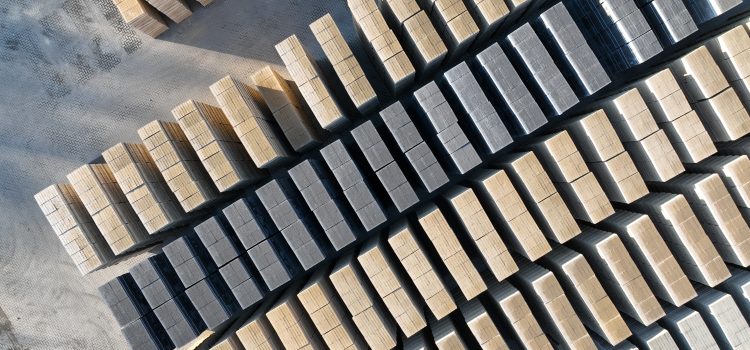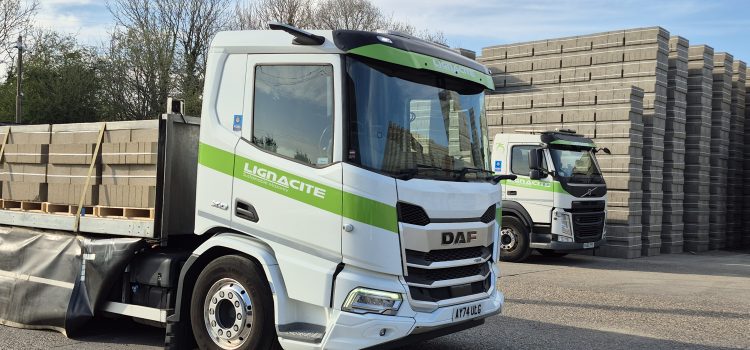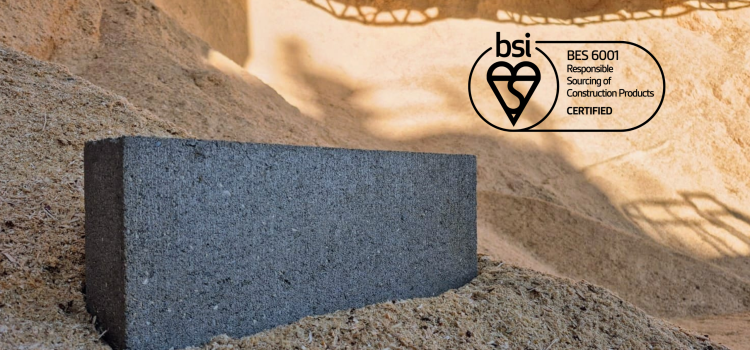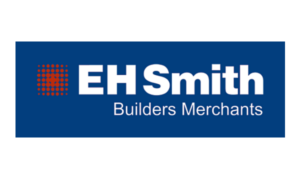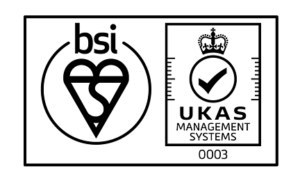Articles
How soundproof is concrete blockwork? The acoustic performance of concrete
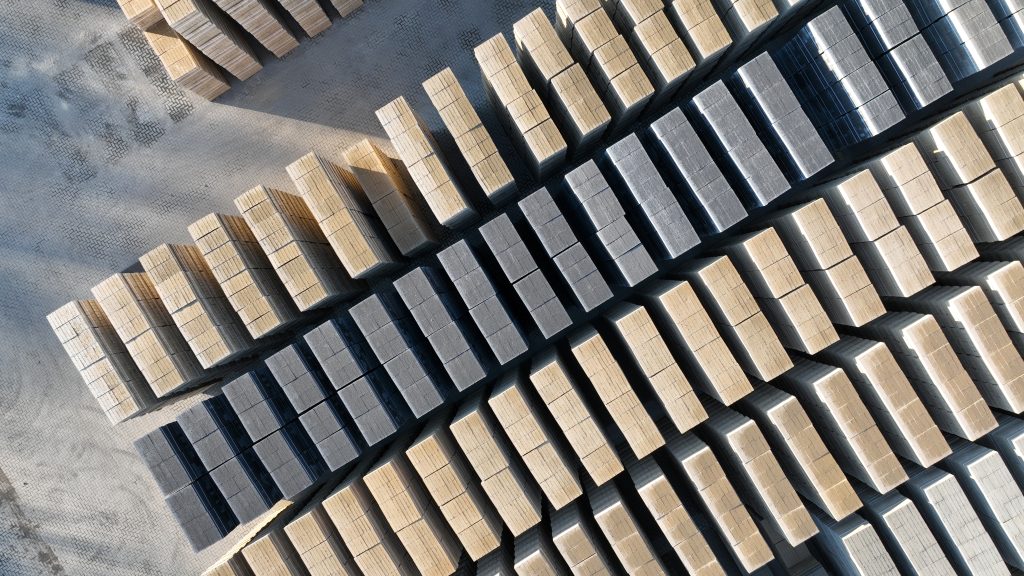
Posted by Nick Franks
Discover how soundproof concrete blocks are and how they can help to protect building inhabitants from noise pollution.
Noise pollution is a growing problem in urban areas and has increasingly been identified as both a mental andphysiological stressor. As a result, developers, architects and designers are being encouraged to consider the soundproofing of their structures to protect future inhabitants.
So, how do concrete blocks hold up as a soundproof material?
Are concrete blocks soundproof?
When we talk about how ‘soundproof’ something is, we’re referring to how resistant a material is to transmitting noise. This could be noise within a room or noise from outside.
For a material to be soundproof, it has to reflect sound (effectively blocking it) or it has to absorb it.
Concrete blocks are dense and have a high mass. This means that they can be effectively used in walls and floors to block the transmission of airborne noise from room to room. They do this by reflecting the sound back. Due to their density, concrete blocks are more effective at doing this than more porous materials, such as wood.
A common way of describing the level of sound insulation of a material is by its weighted sound reduction index (Rw). This is worked out by testing the material in a lab.
The Rw is calculated from the frequency dependent values of the sound reduction index according to a weighting method, which is described in BS EN ISO 717-1 (1997). This enables the sound reduction of a material to be expressed as a single value, such as 42Rw (dB). This makes it easier to compare the performance of different construction materials on a like-for-like basis.
The acoustic performance of concrete blocks
The acoustic properties of concrete blocks are dictated by their density, porosity and mass, which combine to prevent sound waves from penetrating and passing through. In general, the denser the concrete block, the better able it is to reflect sound.
Our flagship Lignacite blocks are very well suited to reducing the transmission of sound. We had independent acoustic tests carried out on walls built with our blocks, with and without an acoustic panel, and the results were very impressive.
Using 100mm blocks laid flat to create a wall of 215mm in thickness, the bare Lignacite wall had a Weighted Sound Reduction Index (Rw) of 55dB. This means that you wouldn’t be able to hear someone speaking in a neighbouring room. (Read the full study here.)
In situations where sound absorption is needed, such as to reduce the echo in a sports hall, some of our products have good absorptive qualities too. For instance, our Lignacite blocks considerably outperform the established sound absorption data for other common masonry materials.
Tests on 100mm blocks, for example, have confirmed that our Lignacite product has a weighted sound absorption coefficient (the ratio of absorbed energy to incident energy correlated with frequency, αw) of 0.45. This means it holds a Class D rating, an acceptable level of sound absorption.
How thick does concrete need to be for soundproofing?
The thickness of the concrete for effective soundproofing depends on how dense and porous the block is. Typically, dense concrete blockwork with 215mm thickness will provide party wall-grade performance when finished with plaster.
Equally, two leaves of 100mm medium density blocks with a minimum cavity of 75mm will provide equivalent, or better, performance.
The best blocks for sound insulation
The best blocks for sound insulation are those that effectively reflect the sound and prevent it from transferring into the building or another room. This means that you will want a reasonably dense concrete block.
Here at Lignacite, our blocks have strong performance when it comes to sound insulation, particularly when combined with plasterboard.
Our densest blocks, Lignacrete, boast superb sound insulation. A 215mm wall made of our standard Lignacrete blocks provides sound insulation of 58dB when combined with plaster. Our signature Lignacite blocks also demonstrate superb acoustic performance, providing 55dB and 65dB when combined with an acoustic panel to one side of the wall.
You may also want to look at slightly less dense blocks, such as those in our Lignacite GP range. A 215mm wall with plasterboard will provide good sound insulation of 53dB with a plaster finish.
Find the right soundproof block
If you’d like to learn more about soundproofing and concrete blocks, you can get in touch with our knowledgeable team by calling 01842 778485.
You can also try our interactive Product Selector tool to help you find the right block for your construction project.
